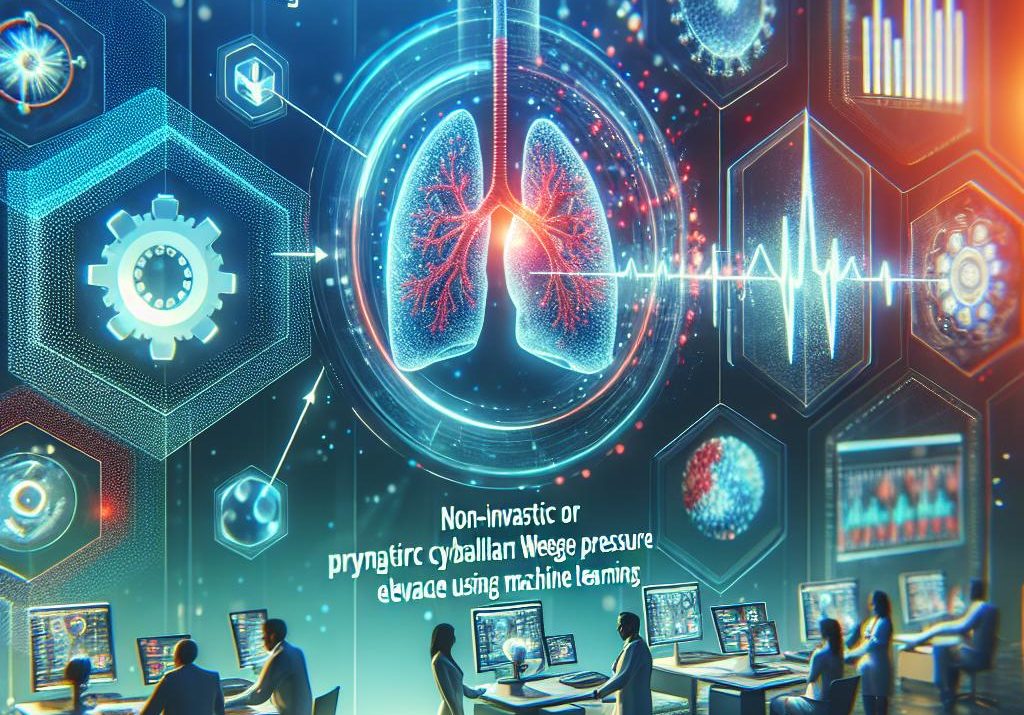CorVista Health presented preliminary data at the American College of Cardiology’s Annual Scientific Session (ACC.25) demonstrating the potential of its machine learning algorithm to non-invasively estimate pulmonary capillary wedge pressure (PCWP) elevation. This measurement is a key indicator for heart failure with preserved ejection fraction (HFpEF) and subtypes of pulmonary hypertension (PH), conditions currently diagnosed through an invasive right heart catheterization procedure. The algorithm analyzes signals collected non-invasively by the CorVista System, potentially offering a more accessible diagnostic method for these conditions.
This development is crucial because HFpEF and PH are significantly underdiagnosed, contributing to substantial morbidity, mortality, and healthcare costs. HFpEF, representing over half of all heart failure cases, poses a particular challenge due to overlapping symptoms with other conditions and the limitations of current diagnostic tools like echocardiography. A readily available, non-invasive test for PCWP elevation could dramatically improve early detection and treatment of HFpEF and PH subtypes, ultimately leading to better patient outcomes and reduced healthcare expenditures.
The data presented demonstrated strong diagnostic performance of the machine learning algorithm. Tested on 283 patients, it achieved a 0.92 receiver operating characteristic area under the curve (ROC-AUC), with 90% sensitivity and 76% specificity. These results remained consistent across subgroups based on sex, body mass index (BMI), and age. The positive and negative likelihood ratios (3.8 and 0.13, respectively) further underscore the test’s strong impact on post-test probability. Moreover, the diagnostic odds ratio of 29 indicates a significantly increased likelihood of a positive result in patients with heart failure compared to those without.
This advancement could revolutionize cardiovascular care by enabling earlier and more accessible diagnosis of complex conditions like HFpEF and PH. If further research validates these preliminary findings, the CorVista System could become a vital tool for clinicians, particularly in underserved populations with limited access to specialized cardiovascular procedures. This non-invasive approach promises to improve diagnostic accuracy, facilitate timely interventions, and ultimately contribute to better patient outcomes in the long term.
Jon Napitupulu is Director of Media Relations at The Clinical Trial Vanguard. Jon, a computer data scientist, focuses on the latest clinical trial industry news and trends.






